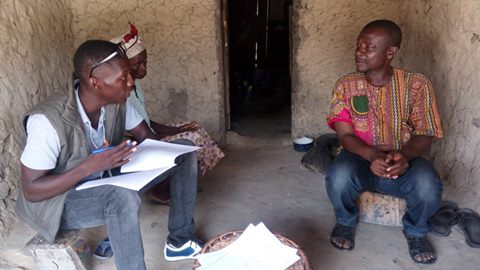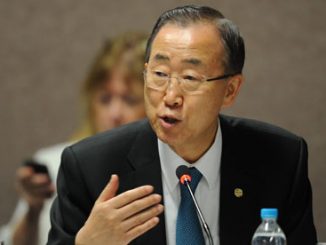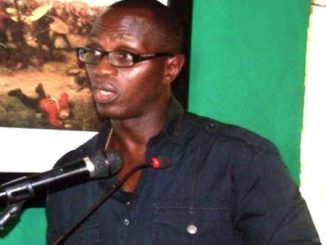
Since the adoption of the 1991 multi-party Constitution of Sierra Leone, there has never been a thorough survey from a predominantly Sierra Leonean perspective to investigate, with scientific evidence, the status of democracy in the country. Surveys with regards the state of democracy in Sierra Leone are crucial in order to articulate with empirical evidence the governance landscape from the standpoint of statistical analyses.
Several analyses on the state of the country’s democracy have been articulated by several writers, however those analyses were based on insinuations and conjectures since there was no empirical evidence to ascertain the authenticity of their analyses on the subject for Sierra Leone.
In order to bring to light and raise awareness about the reality on the state of democracy in the country, the National Commission for Democracy (NCD) in collaboration with Statistics Sierra Leone (SSL) has successfully completed a quantitative research in the form of a survey to assess “the State of Democracy in Sierra Leone.”
The eight day survey commenced on 1st May and ended on the 8th May, 2017.
The Commission teaming up with Statistics Sierra Leone, the institution charged with the mandate of providing and reporting on quality data, conducted the survey following a two day training for enumerators hosted at the Abatti Hall, University of Makeni for the Western and Northern Regions and the One World Link Multipurpose Building Hall in Bo for the Southern and Eastern Regions.
The survey was done in two enumeration areas in each of the chiefdoms across the country with a view to promoting the scientific nature of the work, especially in the Commission’s quest to educating the public about the significance of scientific research in the promotion of democratic good governance.
Alluding to the significance of the project, the Chairman of NCD,
Dr. Abubakar H. Kargbo, noted that the survey will bring credence to the Commission and take it to another level in terms of using scientific means to ensure efficiency, effectiveness and sustainability in carrying out its mandate. He said the survey will narrow down uncertainties and articulate factuality that will further raise the profile of the Commission.
Elucidating on the need for the survey, the Northern Region Commissioner, Bai John Conteh, posited that NCD undertook the survey to gauge the state of democracy in the country to help determine how far Sierra Leone has come in the attainment of true democracy since the practice was adopted with the enactment of the 1991 Constitution of Sierra Leone.
Linking the significance of the survey to the Commission’s mandate, Commissioner Conteh stated that “the result thereof is in pursuant of the Commission’s mandate encapsulated in the following core functions:
to formulate for the consideration of Government, from time to time, programmes at the national, regional and district levels aimed at realizing the objectives of the 1991 Constitution;
to formulate, implement and oversee programmes intended to cultivate in the citizens awareness of their rights and obligations; and
to assess for the information of Government, the limitation to the achievement of true democracy as a result of existing inequalities between different strata of the population and make recommendations for redressing these inequalities.
Underscoring the importance of the survey, Mr. Conteh noted that it is time for Sierra Leone, as a sovereign nation, to tell its own story through conventionally accepted means, in an unbiased and holistic manner.
He said the survey takes stock of citizen’s perspective about where we are now to help us develop a progressive analysis of the country’s democracy in the future, thus serving as a key source from which the Commission could advise government on the limitations to the achievements of true democracy in the country.
The Research and Monitoring Manager, Mr. Idris Din-Gabisi, who is also in charge of the project operations, noted that the survey targeted all the fourteen districts across the country with 20 households per chiefdom responding to the questionnaires.
He further noted that the Commission recruited volunteers from the districts with a view to co-opting people that are familiar with the terrain to enhance the effectiveness and efficiency of the process.



